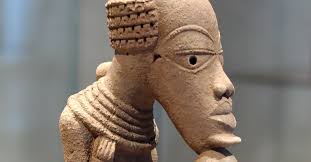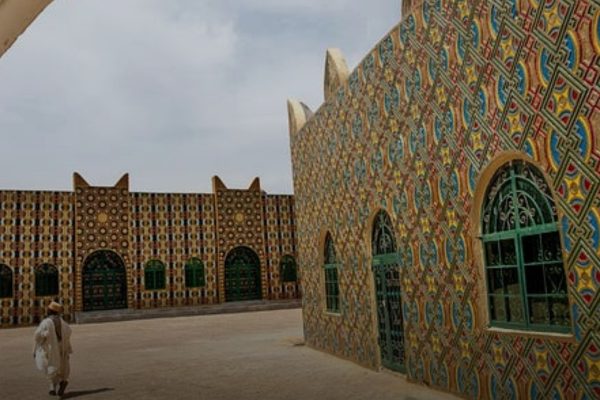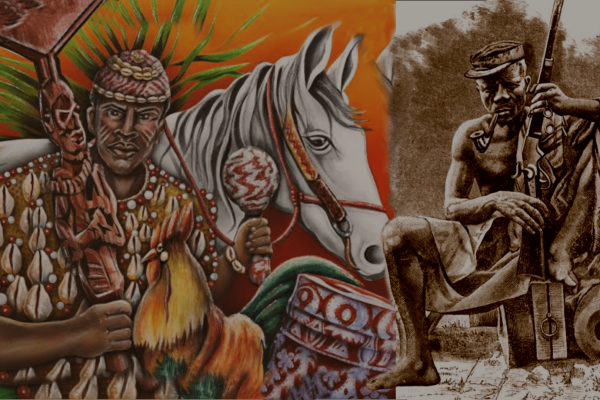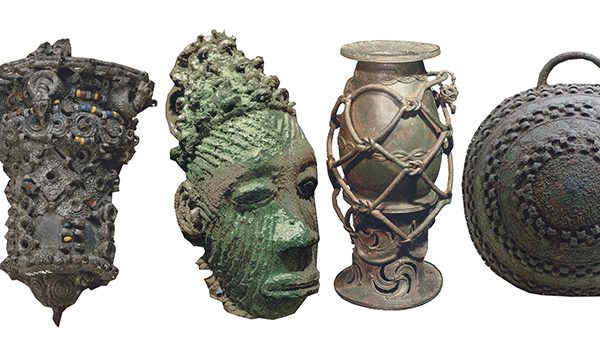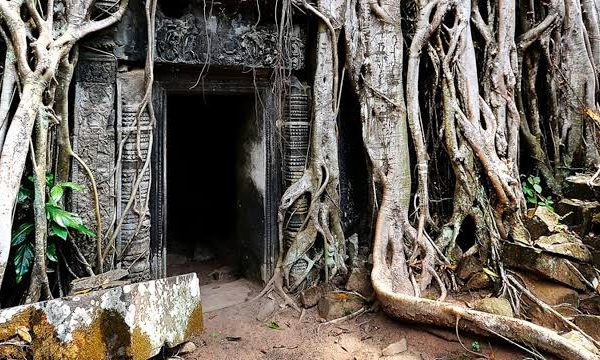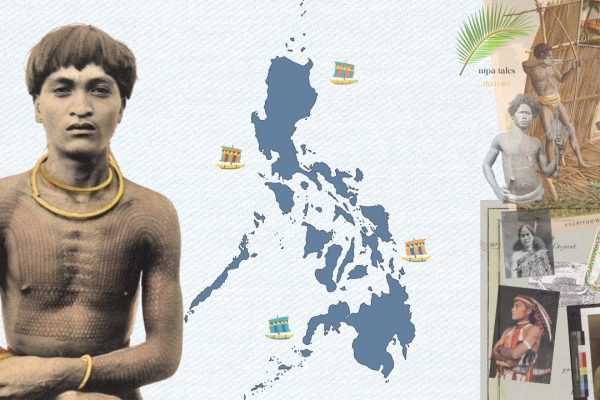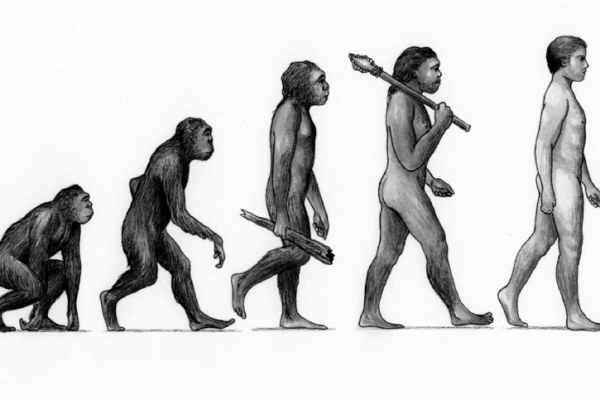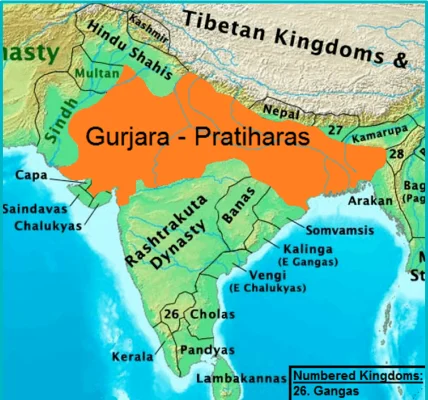
The Hittite Empire: A Comprehensive Exploration
The Hittite Empire, a dominant force in the ancient Near East from the 17th to the 12th century BCE, is renowned for its legal system, military prowess, and cultural achievements. This article explores the empire’s origins, political structure, economy, military campaigns, and enduring legacy, offering a comprehensive understanding of its historical significance.








